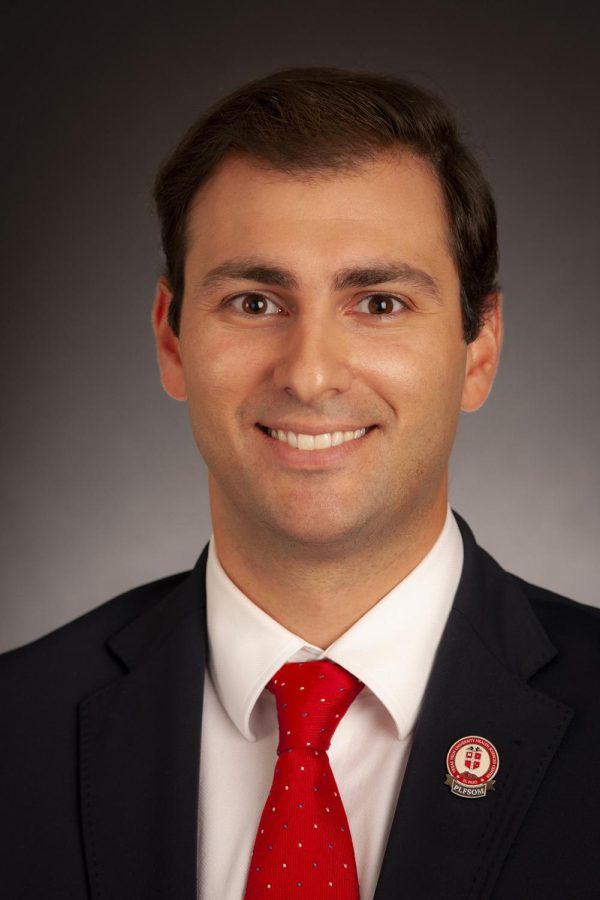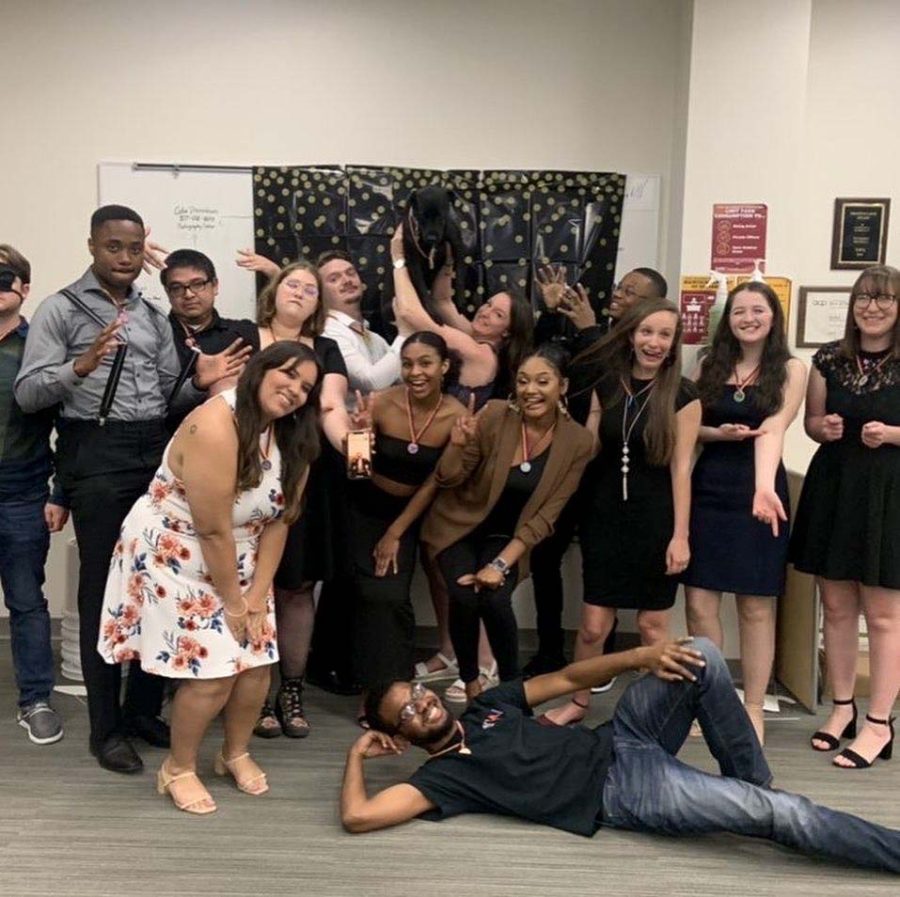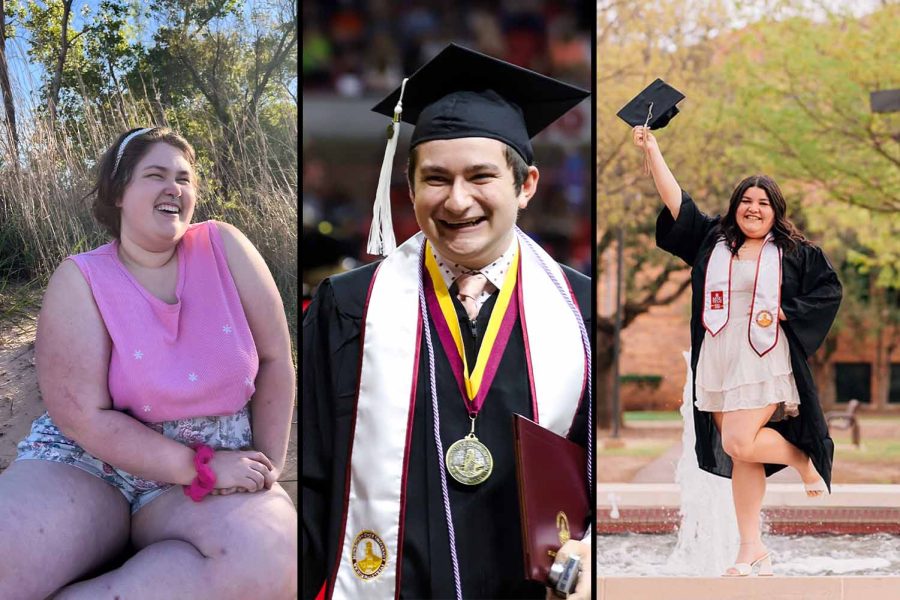
I’ve been an athlete my whole life. Even before I was able to catch a ball or hold a racquet, my parents exposed me to sports. My journey began a long time ago. And it has been a long one.
On the way, I’ve encountered many different obstacles. At the beginning, they were mainly socially-focused, such as fitting in with teammates, understanding how to behave with other kids, or how to respect a superior (a.k.a. my coaches). Later, they became more related to handling wins and losses, how to deal with pressure and how to perform well.
But one thing that has always been an issue is combining school and sport. In my case, the problem is not on getting the work done or passing a class; it’s more on how teachers and professors see me or treat me.
For most of them, playing a sport means having fun and having a great excuse to not do my job, which is to be a student. They don’t realize how much more there is to an athlete who plays competitive sport. Important life lessons can be learned on the court or on the field in an effective and more powerful way. They can’t be learned in books.
The skills required to be a great athlete are no different from the ones needed to have a successful career and to be a well-rounded person. Hard work, respect, problem solving, winning mentality, time and resources management and self-awareness are just some examples of it. No book can be a better teacher for those abilities than actually practicing these things in reality.
As athletes, we are not asking professors for privileges or shortcuts. We would appreciate a better collaboration sometimes, but always in the respect and fairness to all other students. It should be extra work for us trying to combine both things, not an instructor’s duty. Missing a day of class should be a disadvantage to us — we are losing something that other students have the opportunity to learn better. Early due dates to turn in assignments should be harder on us, having to concentrate all the work in a shorter amount of time.
Personally, being used to alternating classes and practices, I find it easier to study on training days, rather than on off-days. If I know that I only have an hour and a half to study, during that time I’m going to focus on getting the job done, not wasting my time on my phone or watching TV. I have no other choice.
In the mind of an athlete, getting a degree while still practicing every day is a new challenge, a new battle to be won. I hope more and more professors will also consider this aspect of being a student-athlete.
Greta Lazzarotto is a business management sophomore.














